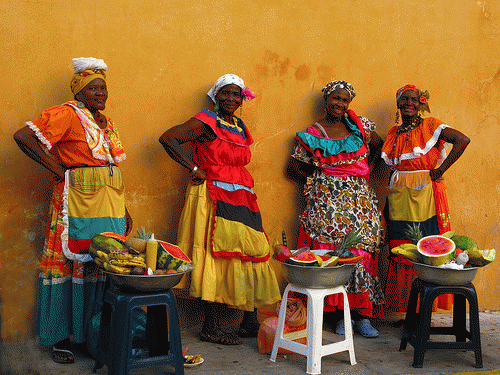| Back OpEd News | |||||||
|
Original Content at https://www.opednews.com/articles/From-Girls-to-Grandmas-Un-by-Veena-Trehan-120307-621.html (Note: You can view every article as one long page if you sign up as an Advocate Member, or higher). |
|||||||
March 7, 2012
From Girls to Grandmas: Unlocking Female Potential
By Veena Trehan
From girls to grandmas, females are transforming their communities on this 101st International Women's Day. Increased access to the levers of empowerment -- like education, contraceptive access and opportunity -- is paying dividends.
::::::::
Females are transforming their communities and countries on this 101st International Women's Day. Increased access to the levers of empowerment -- education, opportunity, contraceptive access, delayed marriage and good health -- has achieved progress unimaginable to the original advocates of justice and equality.
Today, many families pay special tribute to mothers and grandmothers. Some nations even celebrate a holiday. It is also an opportunity to rejoice in women's successes, while reiterating our commitment to realizing the potential of girls, grandmas, and those in between.
Colombian Women by Luz Adriana Villa
In the 21st century, women bring tremendous energy to diverse pursuits. This Thomson Reuters slideshow demonstrates the dazzling range of "women's work". Females globally are leaving their imprimatur through political leadership, environmental activism, space travel, law enforcement and business.
Women are also championing democracy and equality. Most Nobel Peace Prizes over 110 years have gone to men, yet three courageous female activists earned the 2011 award. Liberian Ellen Johnson Sirleaf, the first democratically elected female African president, brought harmony after 14 years of civil war. Fellow Liberian Leymah Gbowee's started a women's peace movement credited with ending that war. Mother-of-three Tawakel Karman bravely pressed for Yemeni media freedom and democracy. And Burmese activist Aung Sang Suu Kyi, a 1991 Nobel Peace Prize winner, recently announced a run for parliament.
Females play crucial albeit less visible roles in developing their communities. Educating girls and women is the smartest global investment, according United Nations Secretary-General Ban Ki-Moon, and their good health promotes economic growth and stability. The nonprofit CARE has placed poor women at the heart of its efforts, illustrating with two short "Girl Effect" videos the enormous impact empowerment can have locally and the importance of intervention before adolescence. Our foundation provides Tanzanian adolescent girls integrated education, reproductive health, and financial services with impressive results.
Teenagers often steal the spotlight but grandmothers recently received high praise. Sanjit "Bunker" Roy's TED video, "Learning from a Barefoot Movement", highlights older women's role in achieving rural transformation. Roy pioneered building sustainable villages and schools using local capabilities.The Indian educator needed people who would stay to work on key projects, like solar electrification. So he chose grandmothers deeply committed to their communities. He flew them overseas and arranged training from other women, often in sign language, to build this technology. Grand matriarchs have literally lit up hundreds of Asian and African villages.
Of course, progress can be undermined. Greater equality in America is largely reflective of girls' successes and higher workplace salaries. Yet some are instigating a "war on women" to limit their freedom and degrade them.
Powerful lessons learned illustrate the fallacy of viewing female progress as a zero-sum game. Empowering women creates and amplifies cycles of opportunity. This represents our best chance to realize the ambitious, compelling dreams of one hundred International Women's Days, dreams that mirror our hopes for humanity.
Authors Bio:
Veena Trehan is a DC-based journalist and activist. She has written for NPR, Reuters, Bloomberg News, and local papers.
